Author: M Barbu
The sanctions-busters funding Iran Bankers are fuelling terror
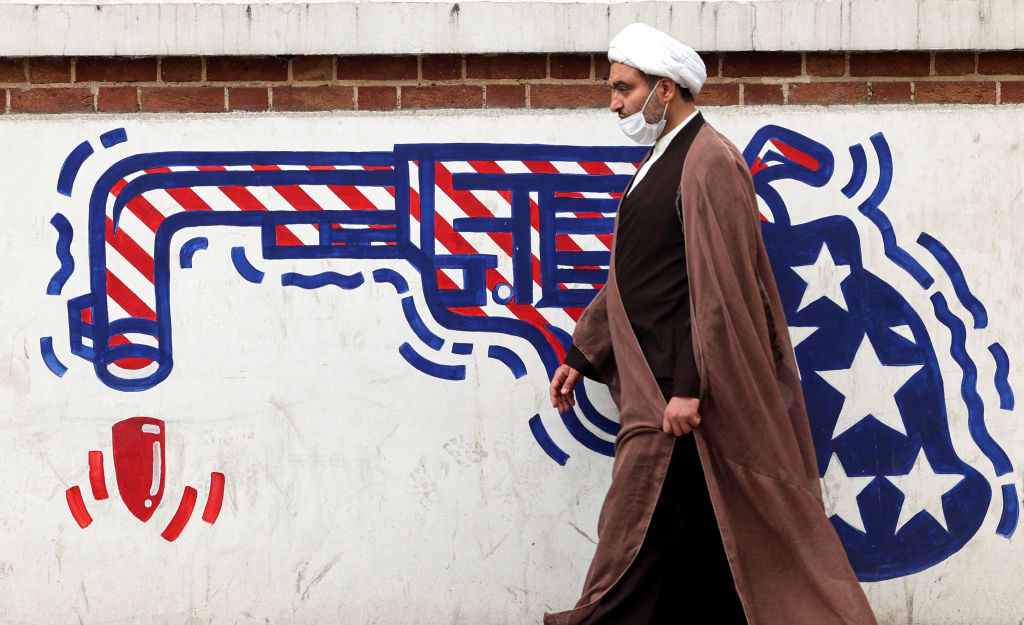
Donald Trump isn’t yet back in the White House — but his Iranian policy is clear. Like he did in his first term, he’ll pursue a vigorous policy against Tehran, hampering its nuclear programme and backing its rivals across the Middle East. If history is anything to go by, meanwhile, sanctions will be vital to this strategy, especially those targeting an Iranian oil sector worth billions of dollars each year.
The politicians lying about Syria History is being rewritten
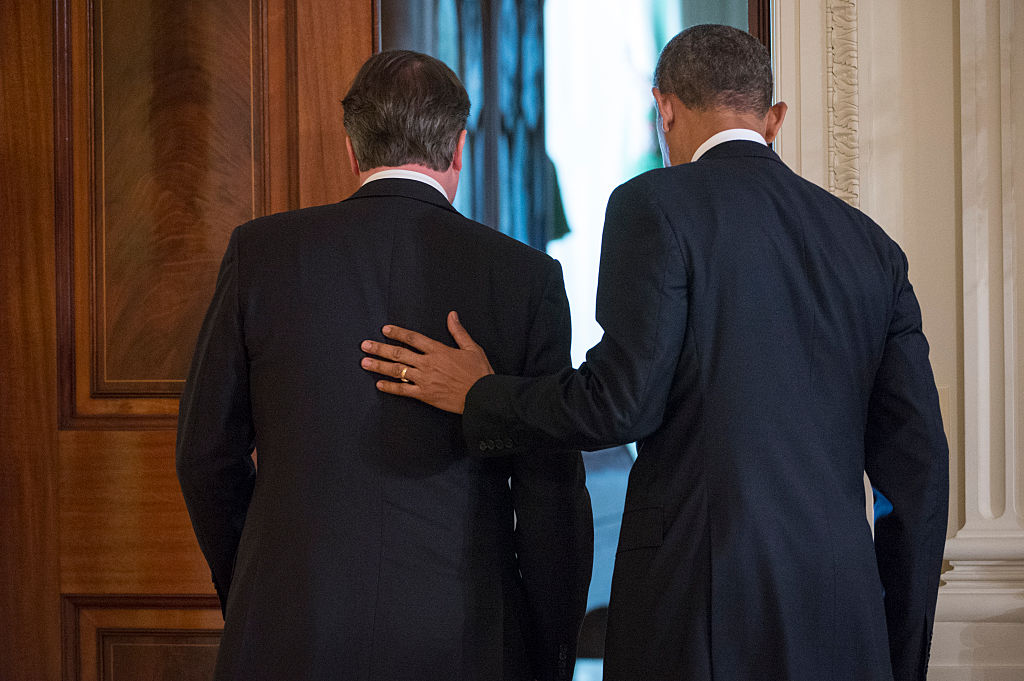
Old grievances in Western politics have been reopened by the sudden fall of Syria’s Bashar al-Assad. And they are as dispiriting in their dishonesty as they are myopic in their self-interest. On the one hand, we have the unrepentant interventionists convinced that the tyrant’s fall would have happened years earlier were it not for Ed Miliband’s recklessness in 2013, when he blocked British airstrikes. On the other, we have the unrepentant anti-interventionists, led by Miliband himself, who say the real criminals are those who recklessly pursued the Iraq war a decade earlier. To paraphrase Henry Kissinger, it’s a pity that both sides can’t lose this tedious and tendentious war of history that reveals far more about the failures of our political class than either side appears to understand.
Syria’s Journey Through Resistance And Coups – OpEd
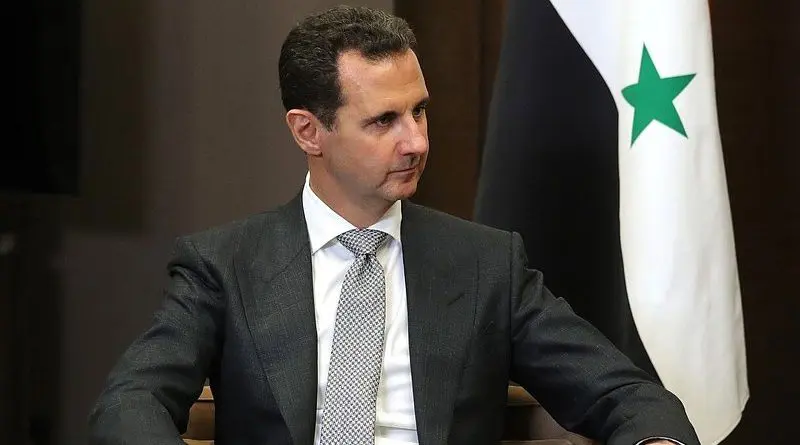
Syria has a rich history that stretches back thousands of years, making it one of the oldest nations in the world. It was home to ancient civilizations such as the Sumerians, Akkadians, Babylonians, and Assyrians. From the 16th century, Syria entered a new chapter in its long history when the Ottoman Empire invaded the Mamluk Sultanate of Egypt in 1516, successfully conquering Syria and incorporating it into the vast Ottoman realm.
Who was in ousted Syrian President Assad’s inner circle and where are they now?
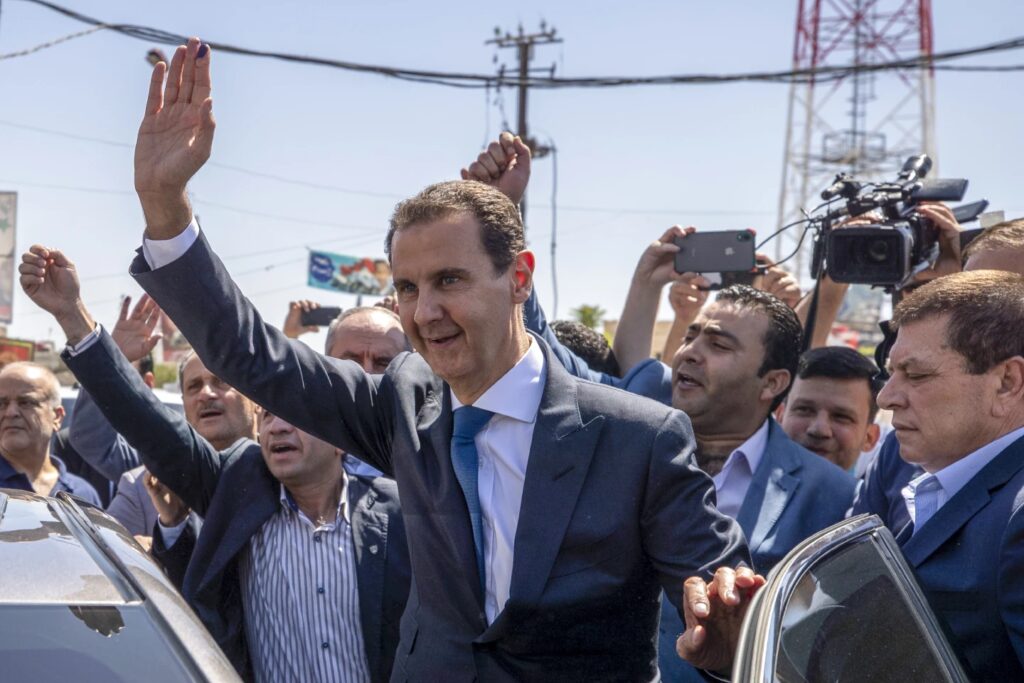
After insurgents toppled Syrian President Bashar Assad this month, many senior officials and members of his dreaded intelligence and security services appear to have melted away. Activists say some of them have managed to flee the country while others went to hide in their hometowns.
Everything in the Middle East Means the Opposite
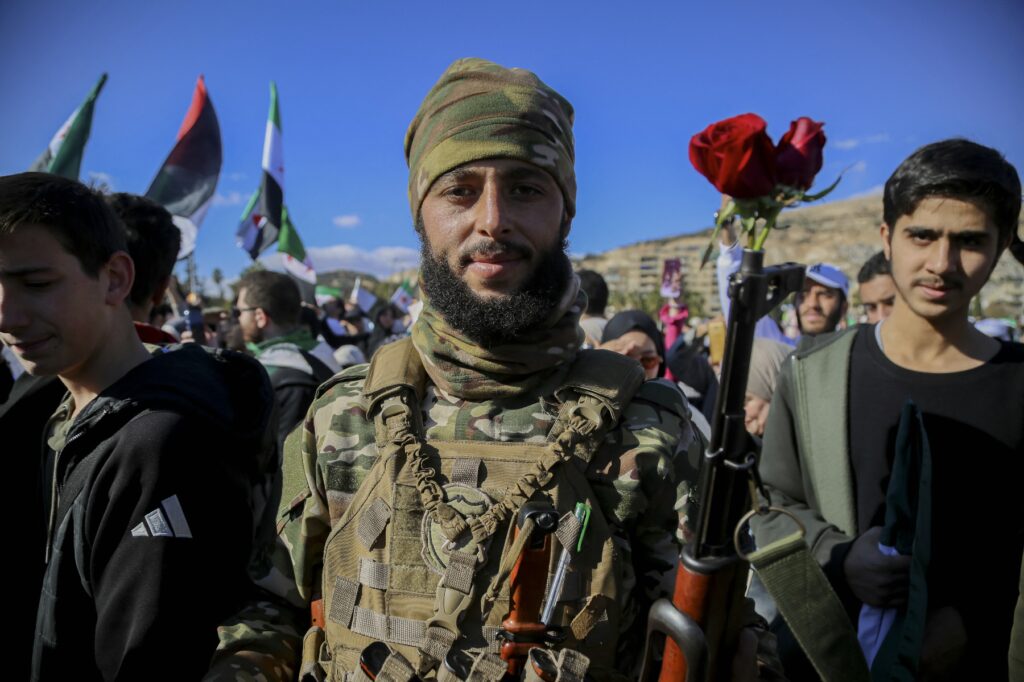
The easy way to make sense of Syria, Gaza, Lebanon and Israel
After saving Syria from Assad, who will save it from the saviors?
US Secretary of State Antony Blinken is going on a tour to persuade the Turks and their Jihadis to establish an “inclusive” government in Syria. But inclusivity now means Sunni Jihadis, backed by Turkey, repressing and killing everyone else. This will be a fundamental liberating change from the old order, in which Shiite Jihadis, backed by Iran, repressed and killed everyone else.
Turkey’s Syrian Jihadists Take Over Syria: Kurds, Half a Million Christians Under Intolerable Threat
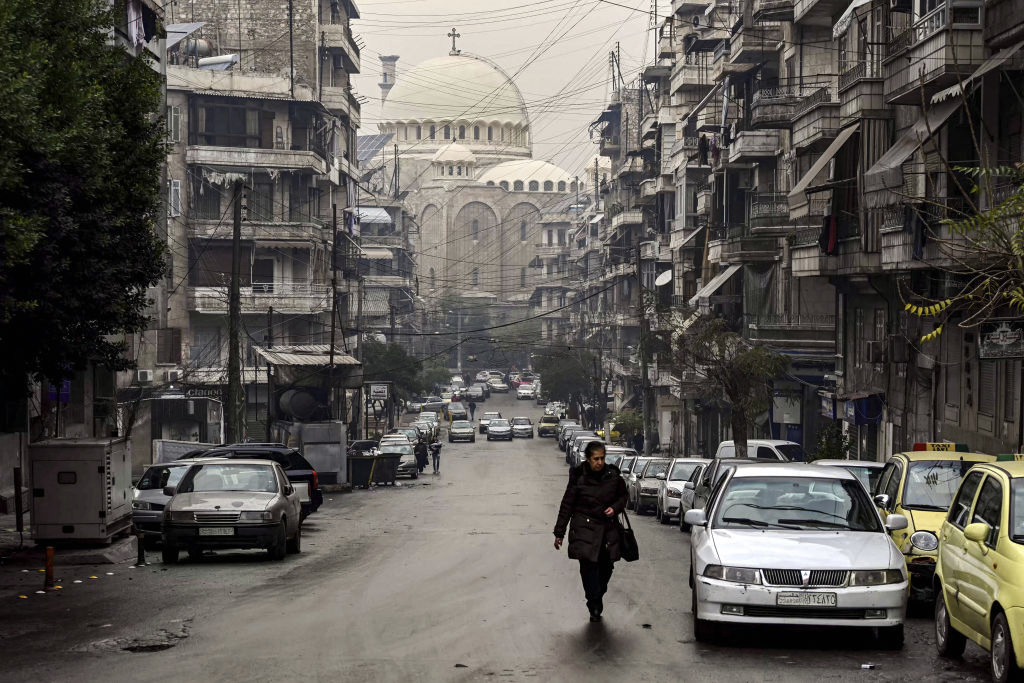
A former branch of Al Qaeda, in 2018, HTS [Hayat Tahrir al-Sham] was officially designated a terrorist organization by the US government. HTS, which cooperates with the Turkish military and Turkish-backed groups in Syria, is committed to establishing an Islamist state across Syria, at least for a start.
Hayat Tahrir al-Sham

Hay’at Tahrir al-Sham (“Organization for the Liberation of the Levant” or “Levant Liberation Committee”), commonly referred to as Tahrir al-Sham and abbreviated HTS, also known as al-Qaeda in Syria, is an active Salafist jihadist militant group involved in the Syrian Civil War. The group was formed on 28 January 2017 as a merger between Jabhat Fateh al-Sham (formerly al-Nusra Front), the Ansar al-Din Front, Jaysh al-Sunna, Liwa al-Haqq, and the Nour al-Din al-Zenki Movement.
Analysis: What to know about HTS, Hezbollah and Iran after Assad’s fall in Syria
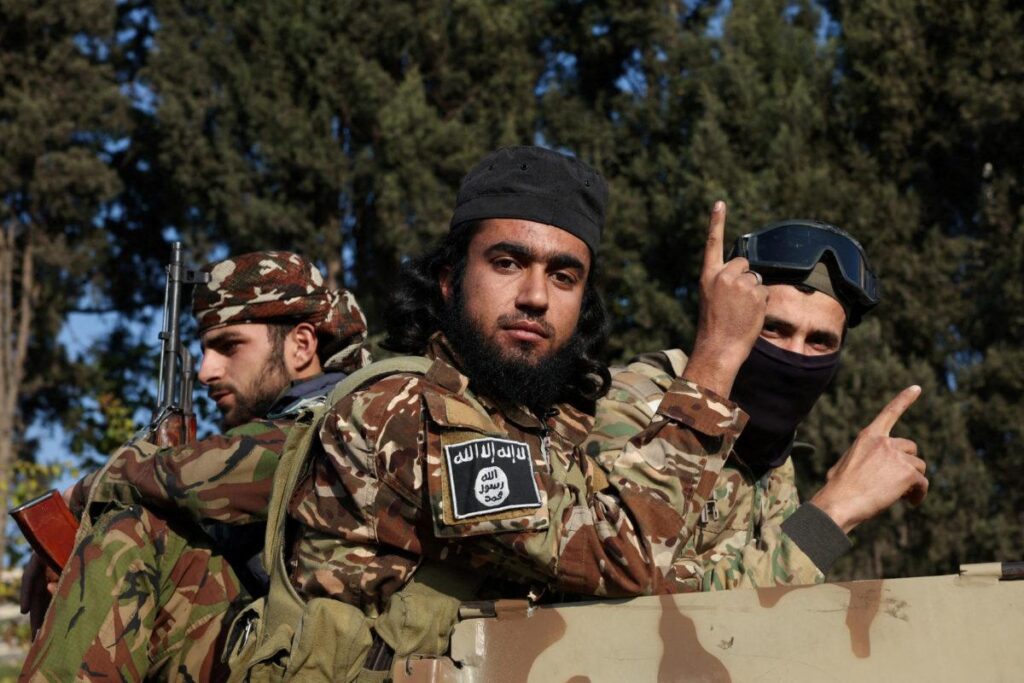
The ascendance of Sunni Islamist rebels in Syria should be viewed with great caution by Western powers, but the Assad regime’s collapse disables a critical node in Iran’s regional proxy network.
Ha’yat Tahrir al-Sham (HTS) is a Sunni Islamist group. How should the U.S. and its regional allies view its ascendancy in Syria?
The Ottoman Empire Strikes Back: How Türkiye Became the Main Beneficiary of Assad’s Fall
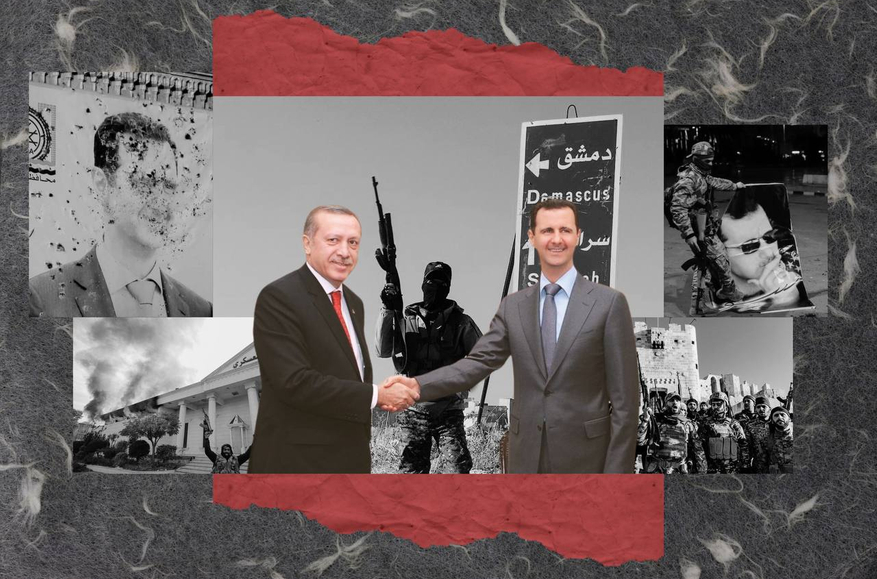
On December 9, Turkish President Recep Tayyip Erdogan announced that a “bright period” had begun in Syria’s history. He is hardly embarrassed about his role in preparing the overthrow of Bashar al-Assad. Just a few years ago, Erdogan boasted about his wife’s friendship with the wife of the now former Syrian president, but he did not hide the fact that he considers Syria a lost part of the Ottoman Empire and intends to actively influence the country’s politics. The Turkish authorities have long been pumping their “proxies” in Syria with money and weapons. And although even Ankara hardly expected that the sudden offensive on Aleppo would end so successfully, they intend to take full advantage of its results. The main thing has been done: the influence of Russia and Iran in the region has been practically neutralized.
